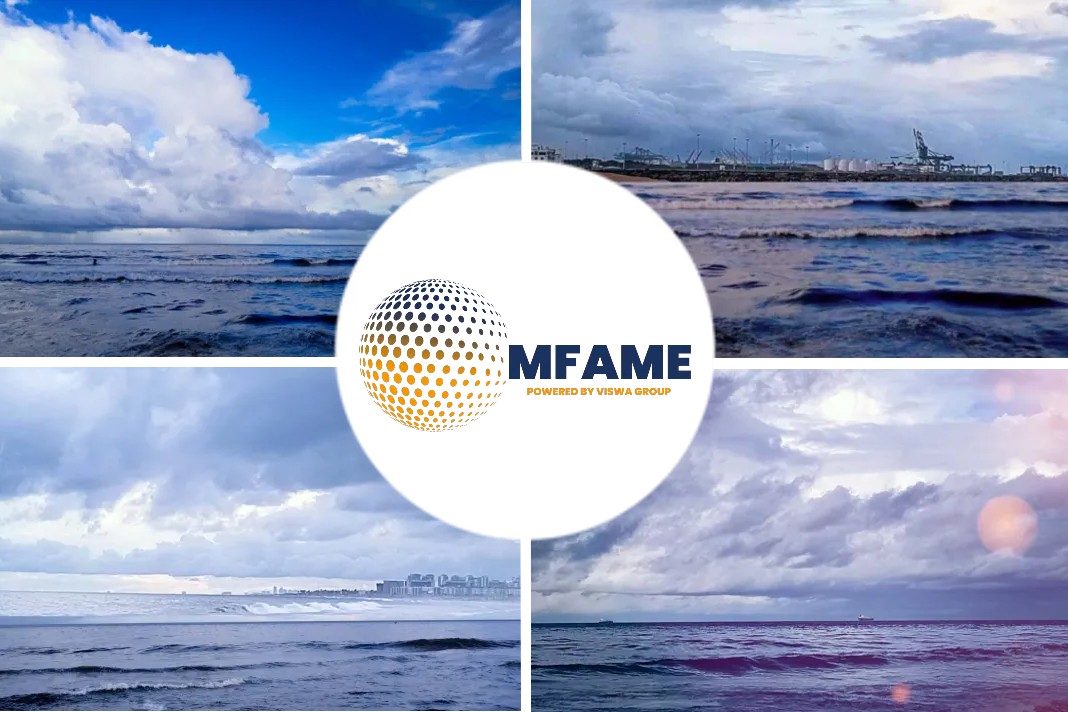- The shipping industry is adapting to operational changes due to virus outbreak.
- High priced VLCC cargoes are lightered into cheaper vessels to avoid expensive demurrage bills.
- Cargoes are resold and vessels are diverted to other destinations.
- Oil companies are positioning to ramp up crude purchases to take advantage of lower oil prices.
- Average earnings for all tanker segments have come down since the middle of January.
- Orderbook of 389 tankers from MRs up to VLCCsworldwide, 99 units or 25% are being built in China also affected.
According to an article published in Seatrade-Maritime News and authored by Lee Hong Liang, the shipping market has adopted various operational changes due to a virus outbreak.
Operational changes
According to analyst Poten & Partners, high priced VLCC cargoes are lightered into cheaper vessels to avoid expensive demurrage bills, and cargoes are resold and vessels are diverted to other destinations.
“At the same time, vessels are reducing their speed to save fuel. Refiners are dealing with reduced demand by cutting runs and advancing and expanding refinery maintenance,” Poten & Partners said in the latest tanker report.
Shippers embracing themselves for crude purchases
Moreover, oil companies are already positioning themselves to quickly ramp up crude purchases to take advantage of lower oil prices.
Average earnings for all tanker segments have come down since the middle of January, though the market is expected to “normalize” to some extent as time progresses.
“As rates have come down, relatively cheap VLCCs will encroach on Suezmax routes in the Atlantic Basin and they may be used for floating storage, especially now that the oil markets have moved into contango,” the analyst said, adding that there have been various reports in recent weeks of traders and oil companies looking to use vessels for floating storage to take advantage of this contango play.
Coronavirus effect
The bearish sentiment that developed in the week ended 7 February, following the re-entry of part of Cosco’s fleet from the lifting of US sanction and anticipated demand destruction due to the coronavirus, kept its hold on the VLCC sector as time-charter earnings hovered just above daily operating costs.
“With oil trading reduced for the lack of buying interest, charterers are by and large left with fixed contract liftings, thereby tilting the supply/demand picture further in disfavor of the owning side. However, with increasing oil surplus without a ‘home’ we have seen a boost in floating storage interest. Although yet to materialize in earnest, this could become a saving grace balancing things to a degree,” analyst Fearnleys said.
Shipbuilding and repair industry suffers setbacks
Coronavirus has also had a significant impact on the Chinese shipbuilding and ship repair industry. Of the total orderbook of 389 tankers from MRs up to VLCCs that are under construction worldwide, 99 units or 25% are being built in China.
“Many of the ships, especially the ones scheduled for delivery in 2020 will likely face delays as shipyards face shortages of labour and parts. This will also push back the installation of scrubbers and ballast water treatment systems that owners had planned in Chinese yards,” Poten & Partners wrote.
Did you subscribe to our daily newsletter?
It’s Free! Click here to Subscribe!
Source: Seatrade-MaritimeNews
























